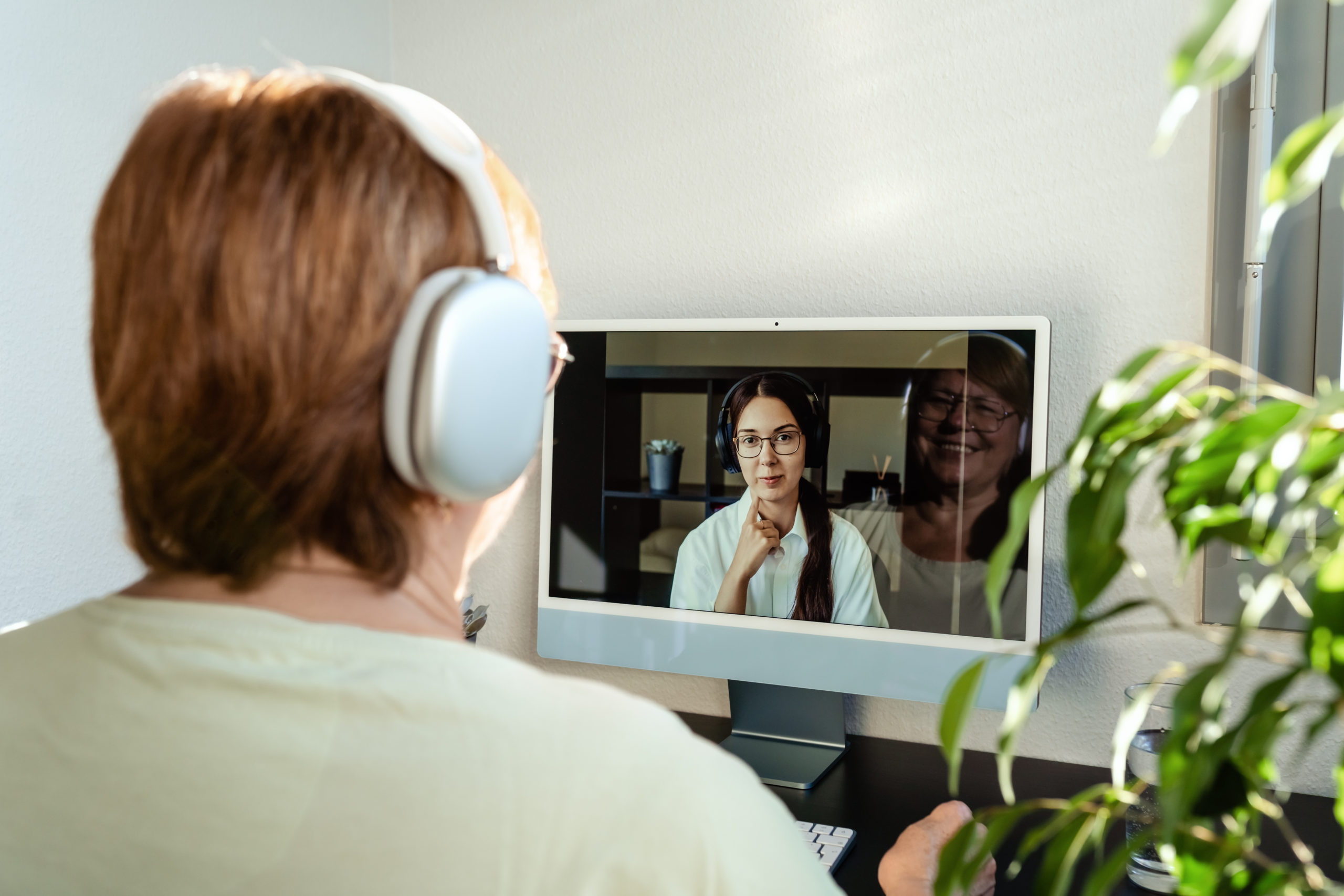latest
Digital technologies should not replace traditional mental health support, report says
Remote care offers many benefits, but it also risks increasing inequality amongst people who are digitally excluded
"Everyone must be given a choice of how they engage with services: digital offers should not make it harder for someone to access in-person support.” Andy Bell, deputy chief executive, Centre for Mental Health
While digital mental health support can be a good alternative to face-to-face care, it should not replace traditional support, according to a new report from the Centre for Mental Health.
The report, Connected: Remote technology in mental health services, was produced as part of a research programme by the Mental Health Policy Research Unit. It notes that the use of digital or remote care has rapidly expanded as a result of the Covid pandemic. It argues, however, that it needs investment so that it can be offered safely and fairly to everyone who might benefit from it.
Summarising evidence from six studies on the use of digital and telephone technology to deliver mental health services, it argues that such technology can improve access to mental health support for rural communities, disabled people or people needing a specialist service far from home. Other benefits include enhancing continuity of care when someone is in hospital, and the ability to access care for people who do not want to be seen at a mental health service premises. But it also, the report argues, risks exacerbating inequalities for people who are digitally excluded: “Making routine use of technology in practice, and for the long-term, requires some significant shifts in the way services work to ensure that the benefits are distributed equitably and that no one is disadvantaged by the use of technology.”
A further concern, the report says, is that digital mental health support is offered instead of face-to-face support because it is seen as a cheaper alternative. It argues that a person’s choice about how they want to access care should be paramount, and that the use of remote care should not make it harder for people to access face-to-face support.
Address digital exclusion in remote care
It calls for mental health service commissioners and providers to address digital poverty and exclusion in the use of remote care, and to provide sufficient investment so that remote care is safe and regulated. Andy Bell, deputy chief executive at the Centre for Mental Health and author of the report, said that “health care providers have to invest to ensure they are offered safely and equitably – this is not a ‘cheap alternative’. Everyone must be given a choice of how they engage with services: digital offers should not make it harder for someone to access in-person support.”
Brynmor Lloyd-Evans, professor of mental health and social inclusion at University College London, said that remote mental health was “preferable for some people in some contexts.” He added, however: “The principle of offering individualised care still applies: tele mental health should be an option not a default. Service user choice is paramount.”
Karen Machin, member of the Lived Experience Working Group for the Policy Research Unit, said: “The structural nature of inequalities and injustices can be amplified with the introduction of any new technology. Policy makers and service providers need to be alert to who might become excluded from support if they are unable or unwilling to access digital mental health support, and ensure that this doesn’t result in increasing exclusion and discrimination.”
FCC Insight
Remote technology was occasionally used for mental health support before the pandemic, but lockdown restrictions resulted in a huge uptake in its use. The benefits have been clear – it has enabled many people with mental health problems who live in rural areas, or who may not feel like leaving the house, to access the support they need from home. But the Centre for Mental Health is right to warn that remote therapy sessions should not be seen as a cheap substitute for face-to-face support, and right to say that it can result in poorer care for people who are digitally excluded. Our own research earlier this year found that people with mental health problems wanted both digital and face-to-face support. If we are to adopt remote mental health support on a large scale, we need more investment to make sure it is offered safely and equitably.
